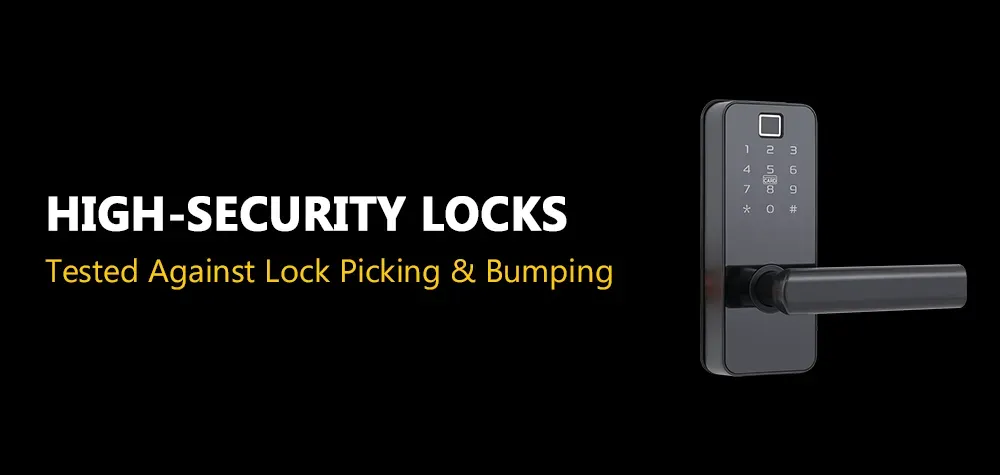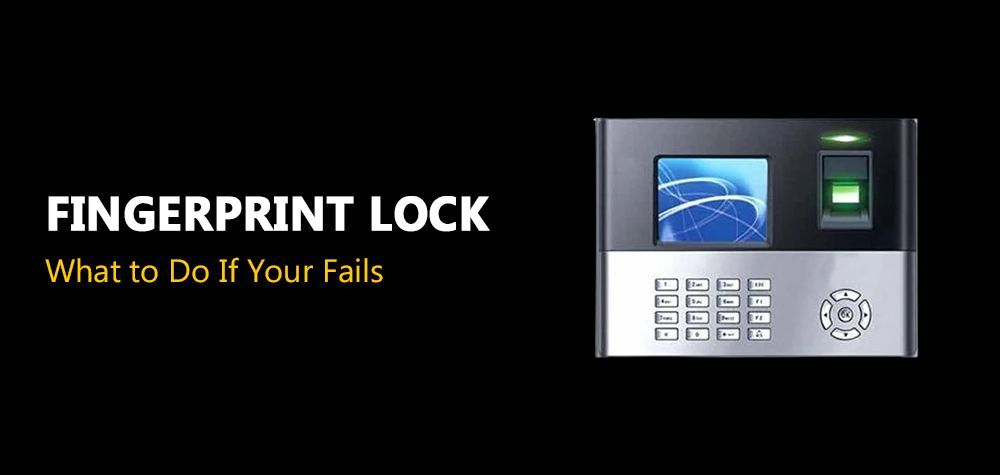Unlocking Security Solutions for Padlocks and Cabinet Locks
In the realm of security solutions, rekeying stands out as a versatile and indispensable technique, offering a nuanced approach to fortifying the safeguarding of our valuables. The fundamental principle underlying rekeying is its ability to adapt to a diverse array of lock types, making it a universal solution for enhancing security without the need for wholesale lock replacement. One might question the applicability of rekeying across various lock types, from the stalwart padlock securing outdoor assets to the discreet cabinet lock guarding confidential documents. The answer, resoundingly, lies in the expertise and adaptability of locksmiths such as Brothers Locksmith.
Padlocks, often regarded as bastions of physical security, present a unique challenge in the realm of rekeying. Yet, with the expertise of Brothers Locksmith, even these formidable sentinels yield to the transformative power of rekeying. Through precision and personalized solutions, Brothers Locksmith navigates the intricacies of padlock rekeying, ensuring a seamless transition to heightened security.
Cabinet locks, on the other hand, serve as silent sentinels safeguarding our most intimate possessions. Can rekeying truly cater to the discreet needs of cabinet locks? The resounding affirmative underscores the versatility of rekeying, as Brothers Locksmith tailors solutions to meet the unique security demands of each client. Through meticulous attention to detail and a commitment to excellence, Brothers Locksmith elevates the security of cabinet locks to unparalleled levels of protection.
Understanding the Universality of Rekeying
In the intricate tapestry of security solutions, rekeying emerges as a universally applicable technique, adaptable to an extensive array of lock types. It embodies the essence of locksmithing craftsmanship, transcending mere mechanical adjustments to orchestrate a seamless transition between old and new keys while reinforcing the integrity of security measures.
From the robust padlock fortifying outdoor assets to the discreet cabinet lock guarding sensitive documents, rekeying proves its versatility under the skillful guidance of locksmiths like Brothers Locksmith. With precision and expertise, Brothers Locksmith navigates the complexities of rekeying across diverse lock types, ensuring that each lock is tailored to meet the unique security needs of its environment.
Explore the realm of car security entails understanding the top methods to rekey a car door lock, ensuring that your vehicle remains safeguarded against potential threats. Knowing when to rekey your car locks is essential, as it helps you stay ahead of security breaches and maintain optimal protection. While contemplating car lock rekeying, you might wonder, 'Can I do it by myself?' Our detailed guide provides insights into this DIY endeavor, empowering you to make informed decisions about your vehicle's security.
Padlocks: A Rekeying Challenge?
Padlocks, often seen as stalwart defenders of security in outdoor settings, present a unique challenge when it comes to rekeying. Unlike traditional door locks, padlocks have a distinct design and construction, making them a bit trickier to work with. However, despite these challenges, rekeying padlocks is indeed possible and can be effectively accomplished by skilled locksmiths.
The main challenge with rekeying padlocks lies in their compact and enclosed structure. Unlike door locks, which have more accessible components, padlocks are often designed to be rugged and resistant to tampering. This means that accessing the internal mechanisms of a padlock for rekeying requires precision and expertise.
Brothers Locksmith, with their wealth of experience and specialized tools, rises to the challenge of rekeying padlocks. Their skilled technicians possess the know-how to navigate the intricate internals of padlocks, ensuring that each rekeying project is executed with precision and care.
Despite the challenges posed by padlocks, rekeying offers a cost-effective solution for enhancing security without the need for complete lock replacement. With Brothers Locksmith's expertise, even the most robust padlocks can be rekeyed to provide renewed security and peace of mind.
Cabinet Locks: More Than Meets the Eye
Cabinet locks may seem straightforward at first glance, but they play a crucial role in safeguarding your sensitive documents and personal belongings. While they may not receive as much attention as door locks, cabinet locks are essential components of security systems, especially in office settings where confidential information is stored.
Rekeying cabinet locks is not only possible but also highly beneficial. It allows you to maintain control over access to your cabinets without the need for expensive lock replacements. Brothers Locksmith specializes in providing tailored solutions for rekeying cabinet locks, ensuring that your confidential items remain protected with a lock system customized to your needs.
With Brothers Locksmith's expertise, you can trust that your cabinet locks will receive the attention and care they deserve. Whether you need to rekey a single cabinet lock or an entire system, Brothers Locksmith has the tools and knowledge to get the job done efficiently and effectively. Don't underestimate the importance of cabinet locks – they're more than meets the eye, and rekeying them can provide added security and peace of mind for your valuables.
Factors Influencing Rekeying Success
Several key factors contribute to the success of a rekeying project, ensuring that the process is executed smoothly and effectively. Understanding these factors can help clients make informed decisions and locksmiths deliver optimal results. Here are some critical factors that influence the success of rekeying:
- Lock Type and Complexity: The type and complexity of the lock being rekeyed play a significant role in determining the success of the project. Different types of locks, such as pin tumbler locks, wafer locks, and disc detainer locks, require varying techniques and expertise for rekeying. More complex locks may pose additional challenges but can still be successfully rekeyed with the right tools and knowledge.
- Skill and Expertise of the Locksmith: The skill and expertise of the locksmith performing the rekeying are paramount to its success. Experienced locksmiths like those at Brothers Locksmith have the knowledge and proficiency to handle a wide range of lock types and rekeying scenarios. Their attention to detail and precision ensure that each rekeying project is executed with the utmost care and accuracy.
- Quality of Equipment and Tools: High-quality equipment and tools are essential for achieving successful rekeying results. Brothers Locksmith invests in state-of-the-art tools and technology to ensure that they can tackle even the most challenging rekeying tasks with ease. Their tools are meticulously maintained and calibrated to guarantee precise adjustments and seamless operation.
- Attention to Detail: Rekeying is a meticulous process that requires careful attention to detail at every step. From disassembling the lock cylinder to adjusting the internal components and testing the new key, each stage of the rekeying process must be executed with precision. Brothers Locksmith's technicians approach each rekeying project with meticulous attention to detail, ensuring that no aspect is overlooked and that the final result is flawless.
- Client Communication and Understanding: Effective communication between the locksmith and the client is crucial for ensuring rekeying success. Brothers Locksmith takes the time to understand each client's unique security needs and preferences, tailoring their rekeying services accordingly. By keeping the client informed and involved throughout the process, Brothers Locksmith ensures that the final result meets or exceeds their expectations.
Brothers Locksmith goes beyond rekeying, offering a comprehensive range of security solutions. From high-security locks to advanced access control systems, they provide a holistic approach to safeguarding your property.
Conclusion
In conclusion, rekeying is a versatile and effective solution for various types of locks, including padlocks and cabinet locks. Brothers Locksmith stands as the best choice for ensuring the success of your rekeying projects. Trust in their expertise to enhance the security of your property with precision, personalized solutions, and a commitment to excellence. Brothers Locksmith goes beyond rekeying, offering a comprehensive range of security solutions. From high-security locks to advanced access control systems, they provide a holistic approach to safeguarding your property. Secure your valuables with confidence – choose Brothers Locksmith for all your rekeying needs.
Call Us Any Time!


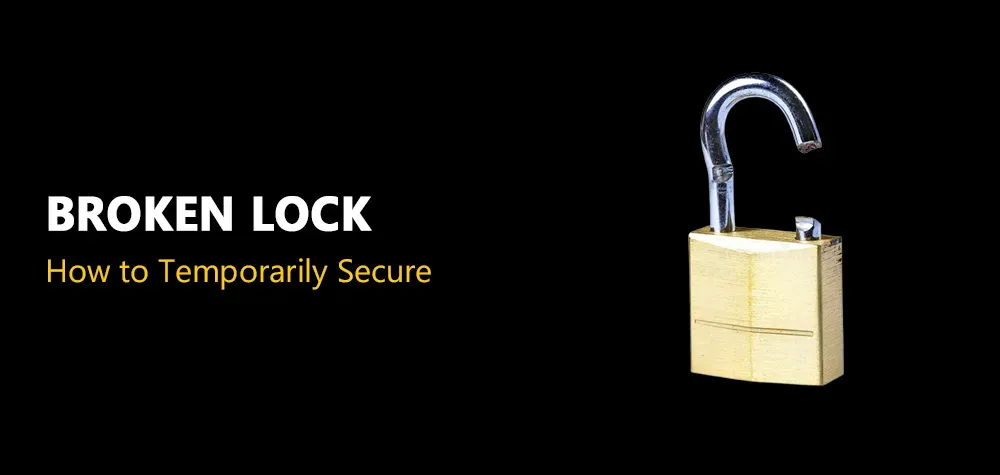
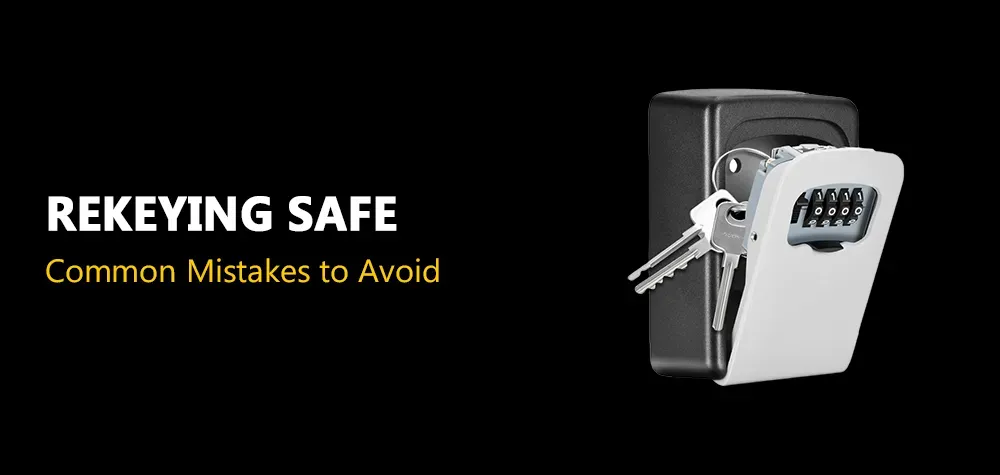
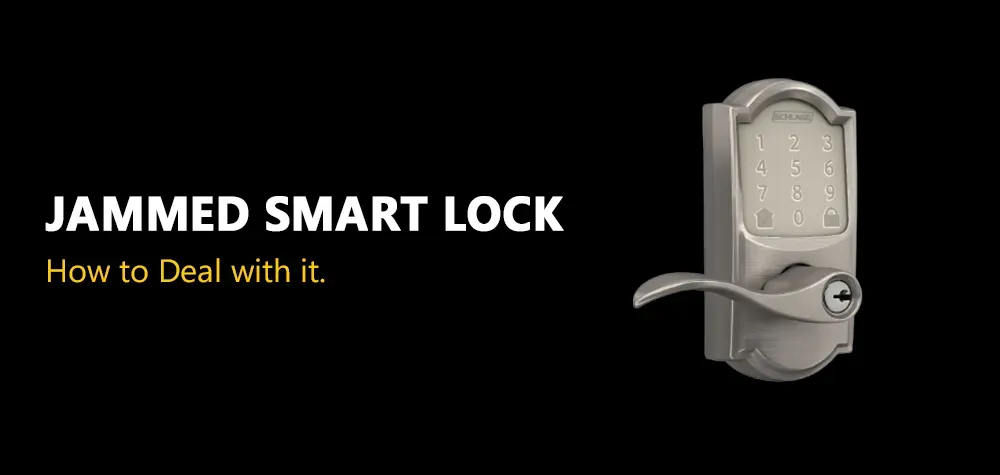
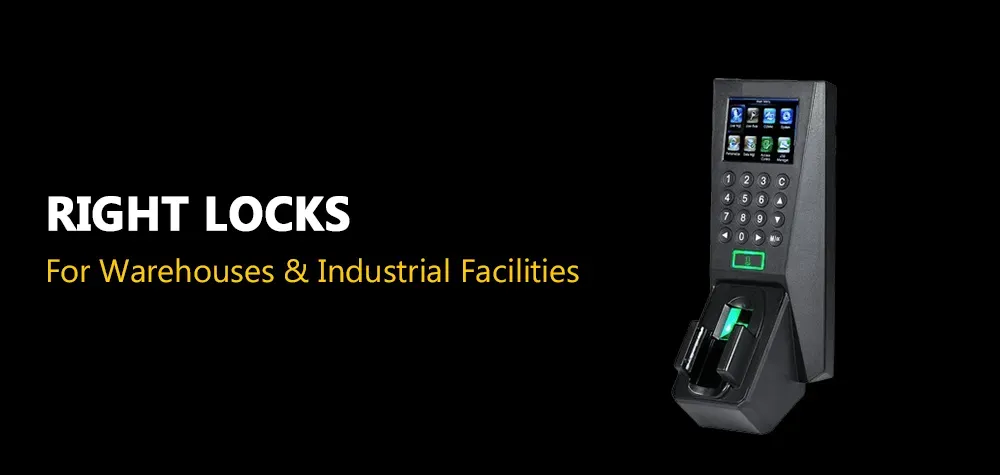
BROTHERS LOCKSMITH
All Rights Reserved | brothers-locksmith.com
Privacy Policy


